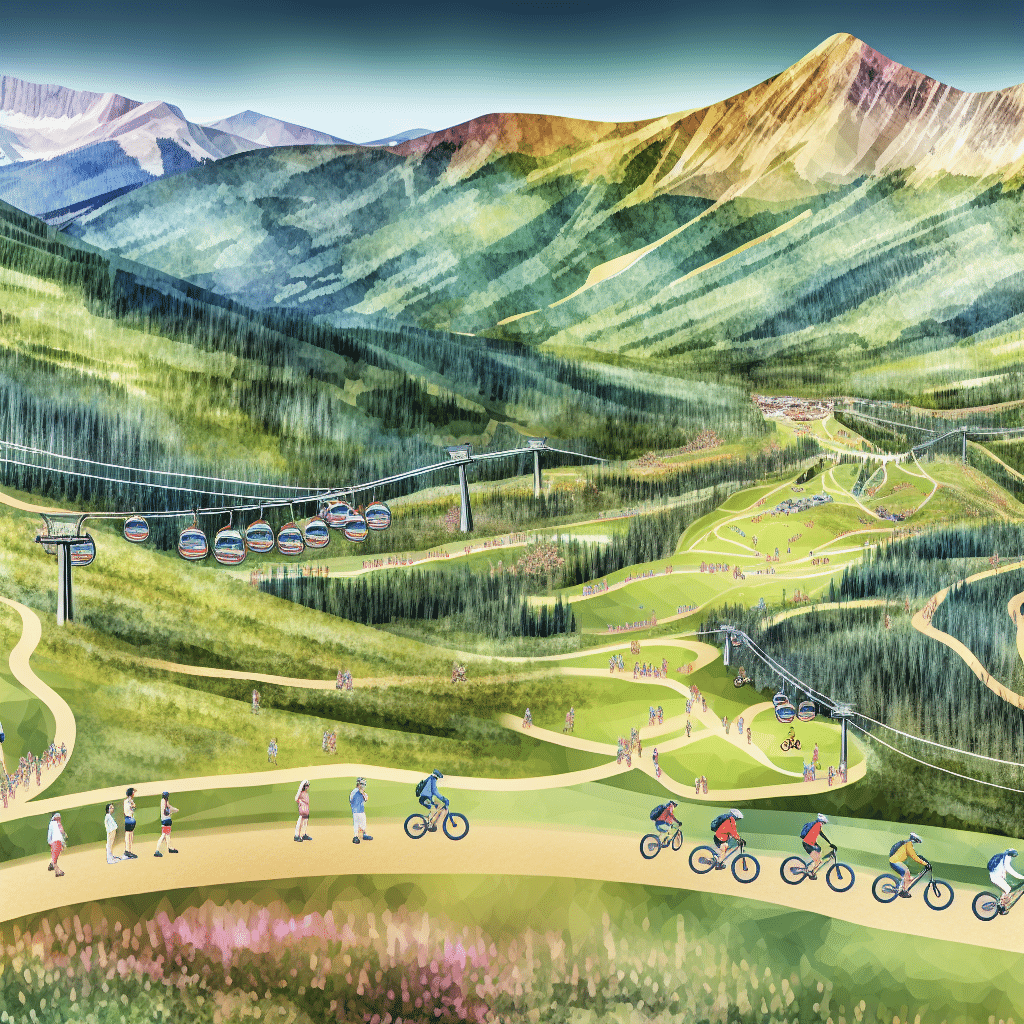Why Do Women Climb Mountains?
In an era where gender norms are consistently evolving, more and more women are challenging themselves by pushing their boundaries and breaking stereotypes. One of the most empowering ways they achieve this is through the physical and mental challenge of climbing mountains. But what is it that drives these women to take on such formidable quests? The answer lies in a mix of personal goals, the allure of adventure, and the deeper quest for self-discovery.
The Call of the Peak
For many women, the mountains represent a sanctuary of untamed beauty and a stage for personal growth. The grueling physical exertion demanded by mountain climbing is paradoxically a cleansing experience, one that distills the essence of who a person is. It strips away pretense and brings out the raw, unfiltered spirit. The highs of reaching the summit represent not just the culmination of a physical journey, but also the achievement of overcoming self-doubt, fear, and societal expectations.
Breaking Stereotypes
Historically, mountain climbing has been a male-dominated activity, viewed as requiring brute strength and indomitable courage. However, women climbers like Junko Tabei, the first woman to summit Mount Everest, and more recently, Sasha DiGiulian, have smashed these stereotypes, proving that emotional intelligence, mental resilience, and physical training are all critical attributes for successful climbing. By climbing mountains, women are not just ascending peaks; they are also lifting societal constraints, showing the world that they are capable of anything.
The Psychological Journey of a Woman Climbing a Mountain
While the physical aspect of climbing is undoubtedly daunting, the psychological journey is equally taxing. The solitude, the altitude sickness, the unpredictability of weather, and the constant threat of danger all test the mental fortitude of climbers. For women, this psychological journey is layered with additional complexities, as they often grapple with societal expectations, gender biases, and internalized self-doubt.
Facing Fears
Fear is an ever-present companion in mountain climbing. The fear of failure, the fear of injury, or even the fear of death can be paralyzing. However, facing these fears head-on is a fundamental aspect of the journey for many women. For instance, Steph Davis, who has made significant solo ascents, openly discusses how she manages fear by breaking it down into manageable parts and maintaining focus on the present moment.
Building Resilience
Resilience is another hallmark of the psychological journey. Every setback, whether it’s a failed summit attempt or a physical injury, teaches climbers valuable lessons in tenacity and perseverance. Lynn Hill, one of the most accomplished female climbers, emphasizes that failure is an essential part of the learning process. Her famous quote, “It goes, boys!” after being the first person (male or female) to free climb the Nose on El Capitan, resonates as a testament to the power of resilience.
Preparation and Training: The Backbone of Success
The successful ascent of any mountain is a meticulous process, involving extensive physical training, strategic planning, and rigorous preparation. For women climbers, this preparation often comes with the additional challenge of balancing various roles and responsibilities.
Physical Conditioning
Climbing a mountain demands a high level of physical fitness. Strength training, cardiovascular conditioning, and flexibility exercises are integral to the preparation process. Women climbers often have to work harder to build muscle mass and endurance, given physiological differences. Figures like Alex Puccio, an elite rock climber, show that with the right training regimen, women can achieve incredible physical prowess.
Technical Skills
Beyond physical conditioning, climbing mountains requires mastering a variety of technical skills. This includes rope work, understanding weather patterns, navigation, and first aid. For many women climbers, acquiring these skills means seeking mentorship, attending training courses, and dedicating countless hours to practice.
The Triumph: Reaching the Summit
The moment a climber reaches the summit is nothing short of euphoric. For a woman climbing a mountain, this achievement is magnified by the layers of personal and societal challenges she has had to overcome to get there.
A Personal Victory
Reaching the summit represents a deeply personal victory. It is a moment of profound self-realization and triumph over adversity. Each step taken is a testament to the determination, strength, and resilience that define her journey.
An Inspiration to Others
The stories of women climbing mountains serve as powerful inspirations to others. They are living proof that with determination and perseverance, any obstacle can be overcome. Their journeys encourage other women to pursue their dreams, break barriers, and redefine what is possible.
Conclusion: Beyond the Summit
The journey of a woman climbing a mountain is much more than a physical ascent; it is a powerful metaphor for overcoming life’s myriad challenges. It is about facing fears, building resilience, and breaking free from societal constraints. Whether it’s the highest peak or a smaller, personal mountain, the journey is a testament to the indomitable human spirit. Through their incredible feats, these women not only conquer mountains but also inspire countless others to scale the peaks of their own aspirations.




